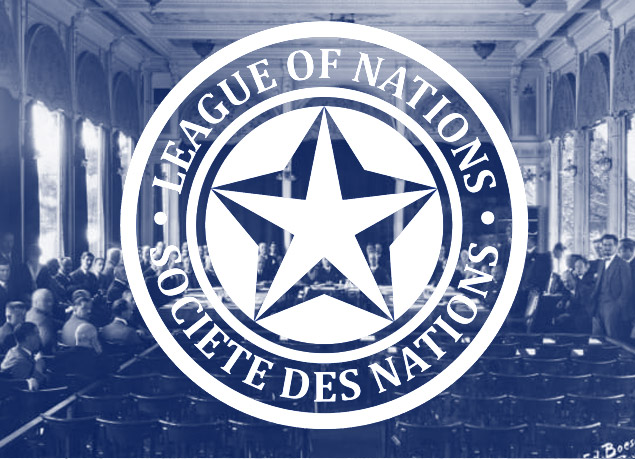A century ago, almost 30 nations supported a proposition to make a commission to create the League of Nations. The intention was to maintain harmony and avoid the repercussions of World War I. The League of Nations is supported by President Woodrow Wilson of the United States.
It received support at the Paris Peace Conference and was created a year after the event. It was, in a way, a precursor to the United Nations. The effects of the League of Nations can be seen even today.
Role of the League of Nations
There had been many plans since the times of Immanuel Kant for an organization to create harmony. It was also thought of as an organization that would end the possibilities of war. The League of Nations was the first organization where so many countries got together.
They were sovereign countries, yet they planned to attempt to demonstrate their ability to maintain harmony. The League additionally had some unobtrusive victories, especially in managing certain regional issues.
Reasons for its failure
There was no unanimity on the decisions that were taken. The lack of unanimity made it extremely difficult for the League of Nations to function effectively. It experienced the shortfall of significant forces. Germany, Japan, and Italy ultimately left, and there was an absence of US cooperation.
The greatest issue was Article X. It said members of the league were to focus on securing the autonomy and respectability of various nations. This was seen as a programmed choice. It implied that if a nation was attacked or confronted hostility, the United States would come to its rescue.
Responsibilities of the League of Nations
Possibly the United States might have prevented the Second World War. This could’ve been possible if it didn’t shun its responsibility in the world. During and following the Second World War, there was an acknowledgement. It was that ‘we truly blew it and we should play a part in the United Nations.
The UN Security Council had much influence. The decisions were not required to be unanimous and they were legally binding. The League showed the innate limitations of security. It is essentially a ‘one for all and all for one’ belief. Nations had to treat the flare-up of war at any place on the planet as troubling.
Then, they needed to take appropriate action. The fact of the matter is the principle doesn’t consider nations’ circumstances or interests. For example, when Italy attacked Ethiopia during the 1930s, Britain and France chose to appease it. The reason was that they were cosying up to Nazi Germany.
The rest of the world under the League of Nations
The concluding parts of the First World War was a time for hyper-nationalism. It was a time of unprecedented financial disturbance and unrest. At the time, there was a doubt about whether the worldwide economy would bring people prosperity.
There was a considerable amount of populism and the emergence of tyrant strongmen. This resulted in the rise of Fascism, Nazism, and Marxist-Leninism. The United States had entered the First World War conclusively to re-establish the balance of power globally. However, it chose not to do it.

